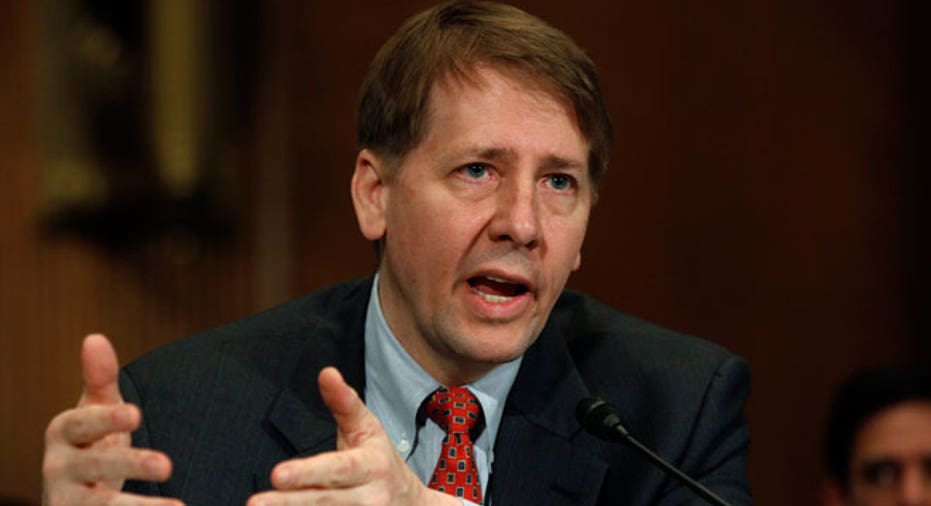Steps Toward Increased Oversight in the Debt-Collection Industry

After decades of reportedly questionable behavior, the tables seem to be turning as debt collectors may now have to answer to consumers’ complaints.
On Wednesday, the Consumer Financial Protection Bureau, the government watchdog that was created under Dodd Frank after the 2008 financial crisis, took its first steps toward considering issuing federal rules regulating the debt-collection industry by collecting information from consumers’ experiences.
“[The CFPB] wants to hear from the public and learn more about the debt collection system,” said Sam Gilford, a spokesman for the Consumer Financial Protection Bureau in an email to Fox Business. “The Bureau is looking for consumer experiences and comments, and is particularly interested in learning about the accuracy of information in the debt collection industry, whether consumers are aware of the debt and their rights, and whether consumers are being treated fairly.”
The CFPB began adding prior complaints to its public Consumer Complaint Database on Wednesday and published a 114-page request, with 162 specific questions, in an effort to solicit more comments on debt collection, including questions about whether collectors try to collect more than what a customer actually owes to whether a collector has insufficient data to support a claim that money is actually due.
In a press call Wednesday, CFBP director Richard Cordray discussed taking an important move to better protect consumers from damaging debt collection practices.
“We want to hear how we can better protect consumers and bring greater accountability to this multi-billion-dollar industry without hamstringing legitimate debt collection activities,” said Cordray.
According to the CFPB, debt collection has long been one of the most complained about subjects to government regulators and, along with mortgages, has the highest complaint volume at the CFPB, accounting for an estimated 30% of consumer grievances. The CFPB has received approximately 5,000 complaints since it began accepting grievances in early July.
Andrew Johnson, community manager at GreenPath Debt Solutions, a non-profit focused on helping consumers get out of debt, said that so many consumers writing in is a red flag for the loosely-regulated industry.
“All the complaints speak volumes,” said Johnson. “And if there is an opportunity for more transparency and to provide consumers with a voice, than that’s a step in the right direction.”
The CFPB began supervising debt collectors with more than $10 million in annual receipts in January. That covers an estimated 175 debt collectors, accounting for more than 60% of the industry’s volume. But, it seems, there may be more oversight in the future, which Cordray alluded to in Wednesday’s press release.
“We want to ensure that all the players in the industry are working with the correct information, that consumers are fully informed, and that consumers are treated fairly and with dignity,” he said.



















